When I first thought about this post, the title in my head was "Good Habits." I am going to discuss habits, and try to get you to change some of yours. You may think that the habits I'm about discuss are so minor as to be laughable, but I promise you, on the day that the cracks become evident to all, you will be very happy to have already started doing these things regularly.
So, I'm going to just blurt out in no particular order as many of these little things I can think of.
1) Stop and fill up the gas tank in your car when it gets down to half full.
Before I became an official prepper, I had kind of made a game out of squeezing as many miles as possible out of each tank of gas. Which is fine, when things are going smoothly. Now I've made a new game. 1/2 tank = E. When my vehicle gets to a half tank, I can put about 7 gallons of gas in it. And I'm not anal about it, by the time I get to a station if I only have 3/8's of a tank, that's ok. Because I know that's probably more prudent than about 99% of everybody else.
Isn't it a crappy feeling, waking up in the morning realizing your car is on E, and you're running late for work. It'll never happen again if you pay attention here. Just stop more frequently. Plus, on the day when the cracks begin to show, and people are going bonkers, you don't have to fight for a place in the gas lines unless you want to.
2) Break the (terrible) habit of using plastic and begin using cash.
I'm not being judgmental here, I was this way too. I mean I
bragged about never having any cash, and bitched & moaned about not knowing where the cash goes whenever I carried it. Well, that was really just an excuse, it's not that hard to watch your spending when using cash.
A few months ago I was at the airport, picking up my father. I went to the gas station to buy some snacks. I happened to not have any cash on me that day. And guess what happened!? Murphy's law reared it's head and the store's credit card machine was not working. I even commented to the clerk that I normally carried cash...she said it's been a long day because most people don't anymore. Luckily I was only looking for a snack, not trying to stock up before a blizzard...or a bank run. Anyway this is one of those things that I think about a lot anymore - modern life is filled with a lot of conveniences. Unfortunately we take these things for GRANTED, and we shouldn't. And then I chuckle because the old fashioned methods...like carrying cash...although not flashy, and a little more time consuming...well, they work no matter what.
3) Start a piggybank.
Stockpile cash, it's a resource we use daily. Start small. I've heard of people making a game of it, such as "collecting" five dollar bills. Or tens. Or ones. But you want to always have a stash that you don't touch unless you have to. (dipping into the till because you don't feel like hitting the ATM is unacceptable, lol) And if you have the ability to sock away 50's or 100's don't put all your eggs in one basket - it may be hard or impossible to make change for the big bills.
And yes save all your coins.
Lots of people hoard copper pennies They are worth more than a penny in metal. But I just save it all. Paper money eventually returns to its intrinsic value of zero. No matter what
metal coinage will always retain SOME value.
4) Recharge your batteries.
Almost everyone has a flashlight or two floating around, and probably some rechargeable batteries too. But do you charge them up regularly, or do you charge them right before you need them, cursing at how long it's taking because you're in a hurry? Nothing worse than grabbing your flashlight and getting a weak yellow glow out of it. Now I don't do this on any set schedule, but once every two or three months I recharge all my batteries to make sure they'll have some juice in them if I need them LIKE RIGHT NOW. I was very glad I did this after the snowstorm we just had.
5) Defensive driving.
Accelerate slowly. This is the best way to get the most mpg.
Leave a car length between you and the car in front of you at a light and don't jam the brake down, only light pressure. (learned this one from ferfal)
Pay attention to your mirrors; check them all regularly. Scan the road in front and in back.
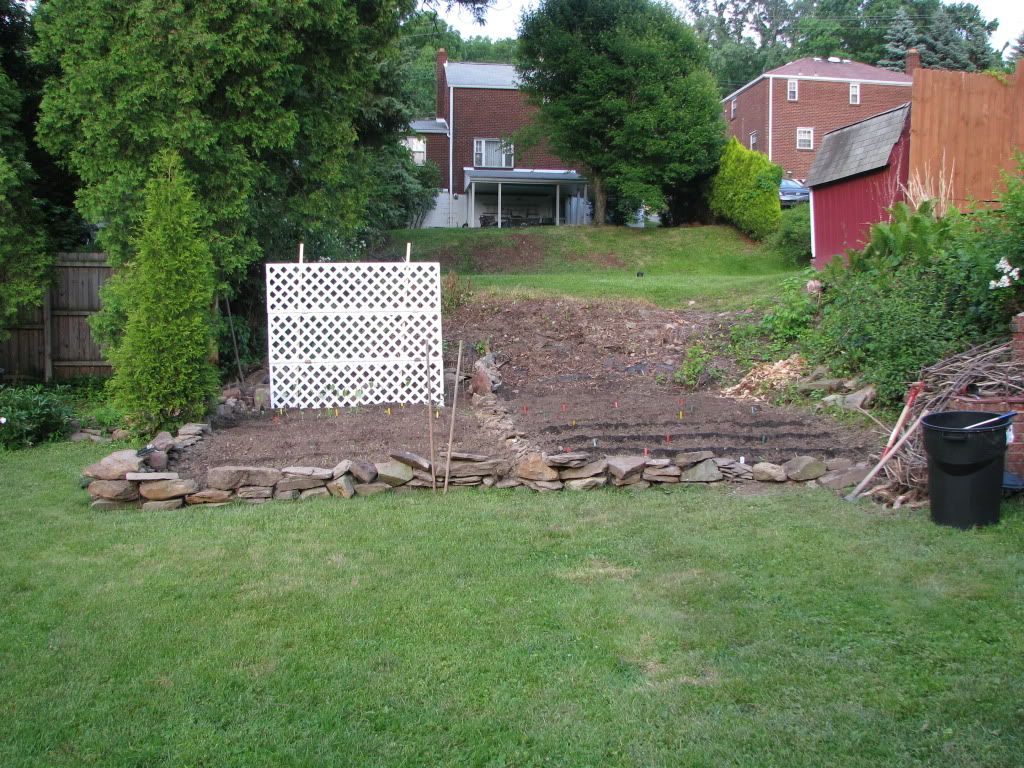
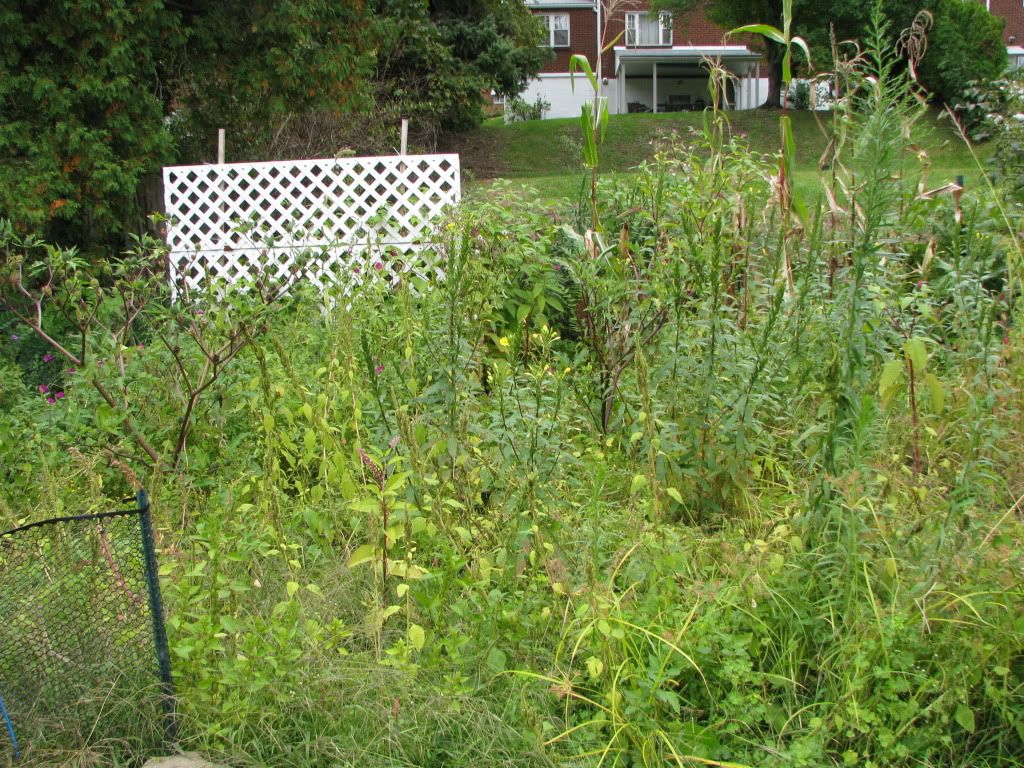
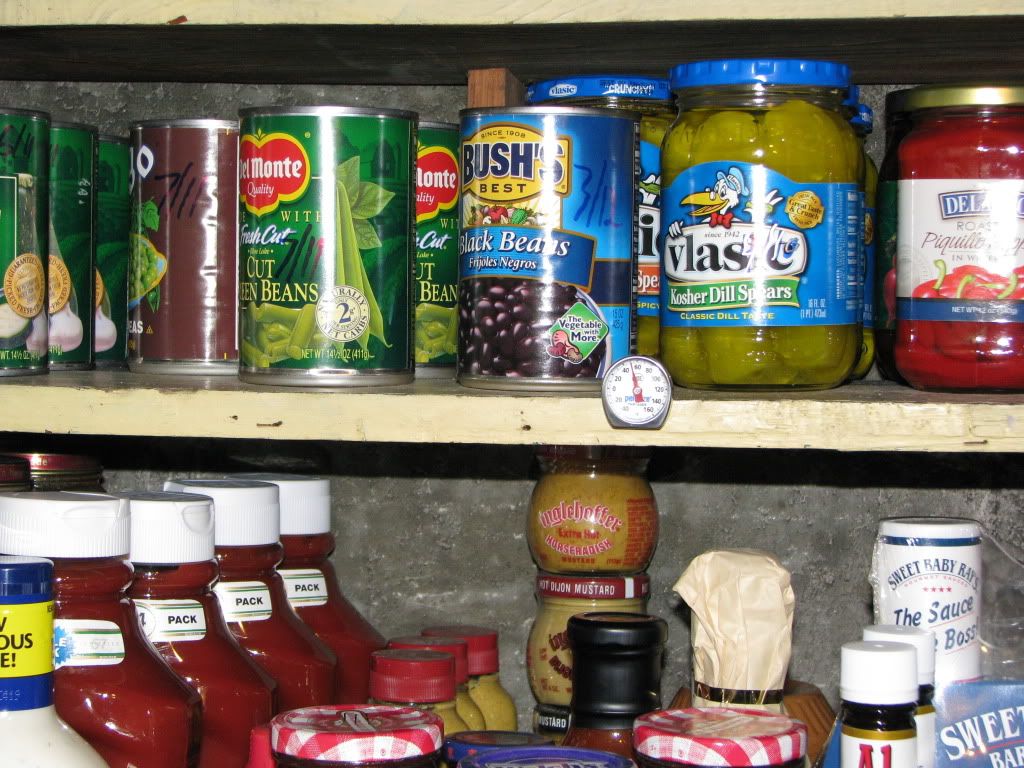
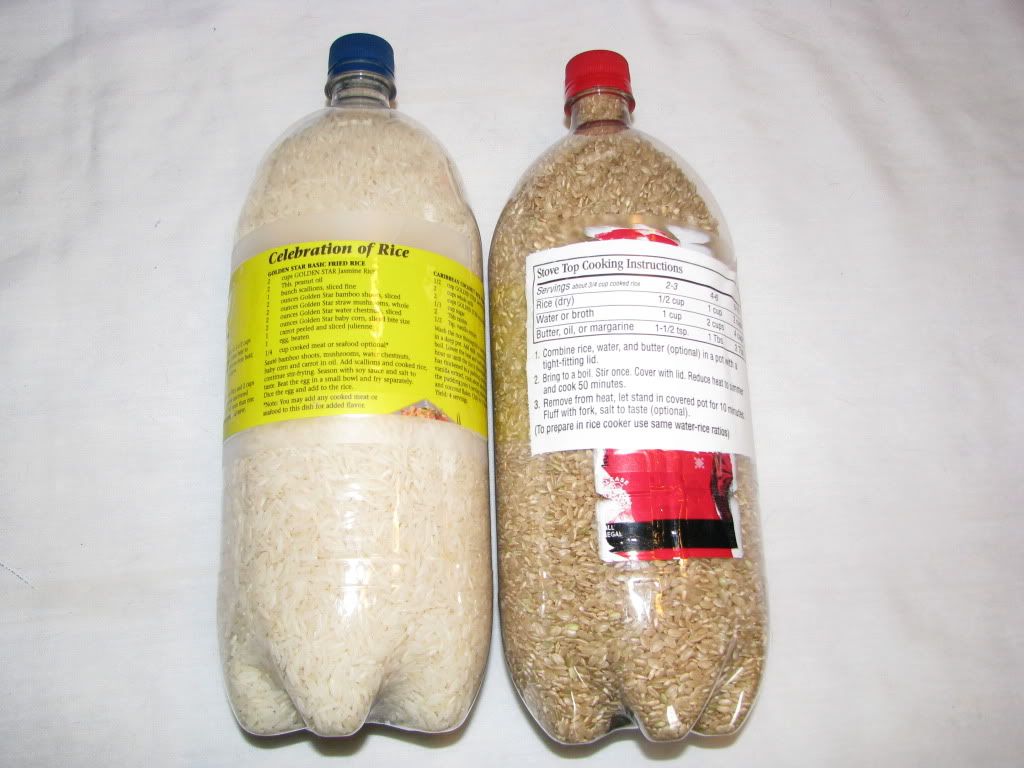
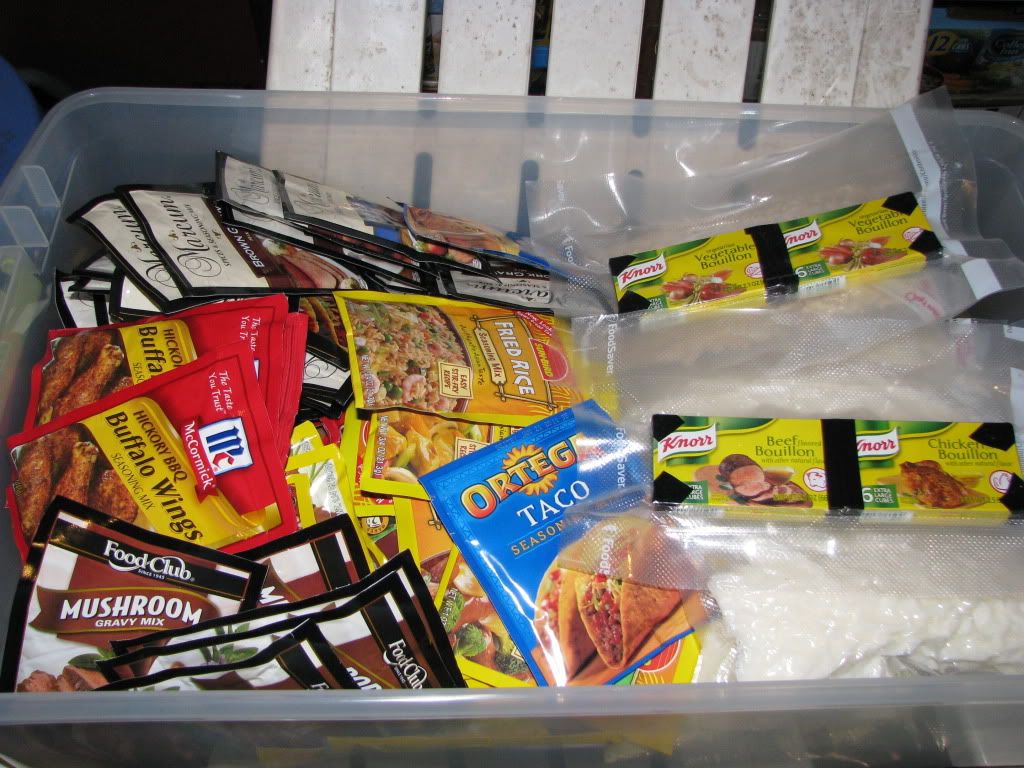

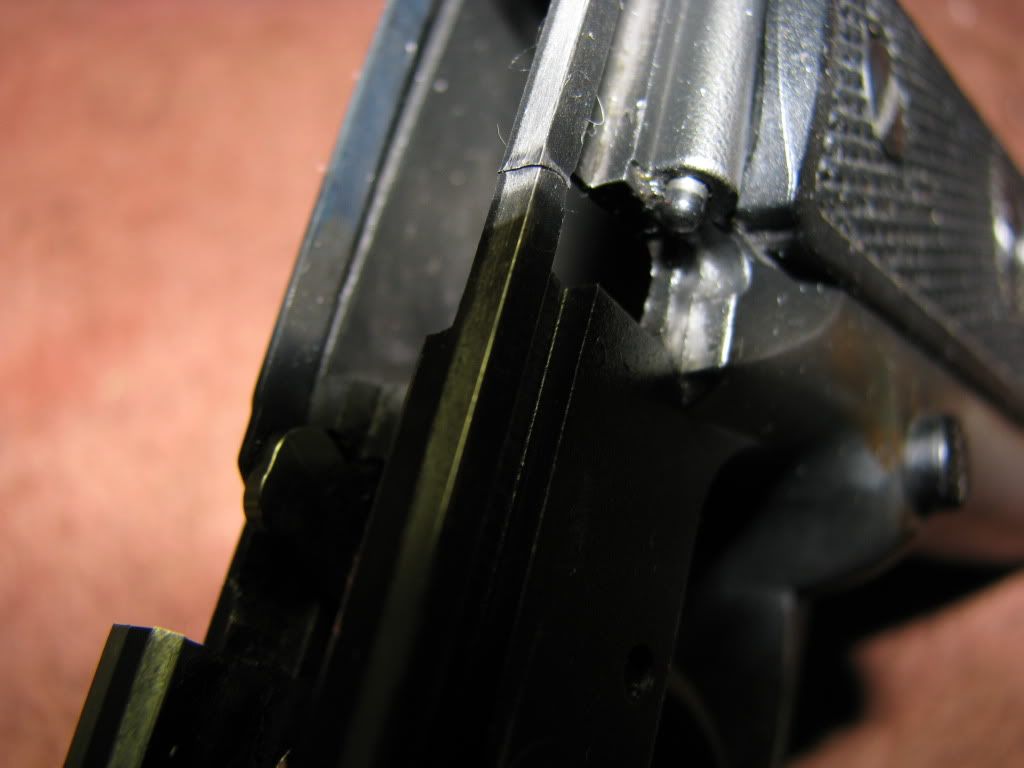
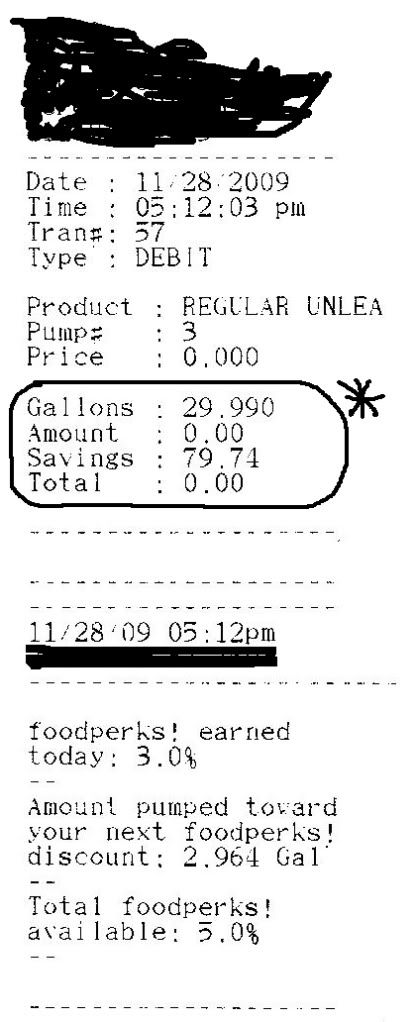
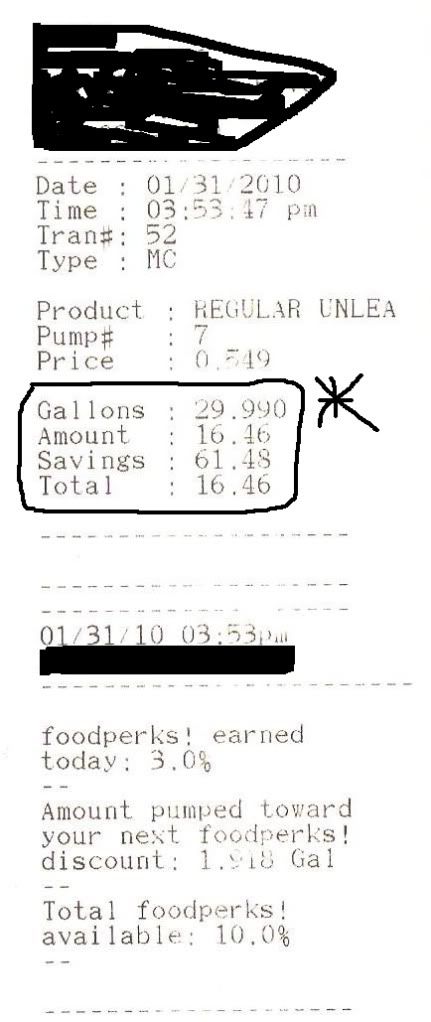
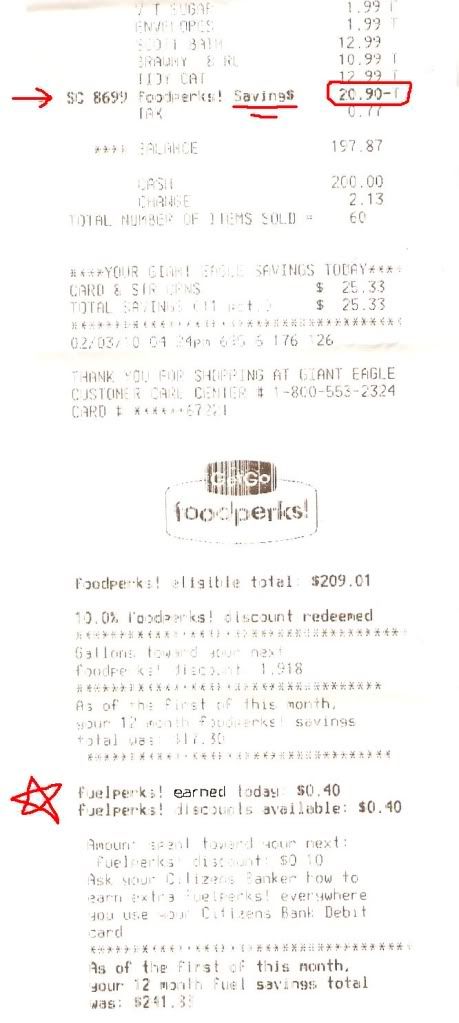
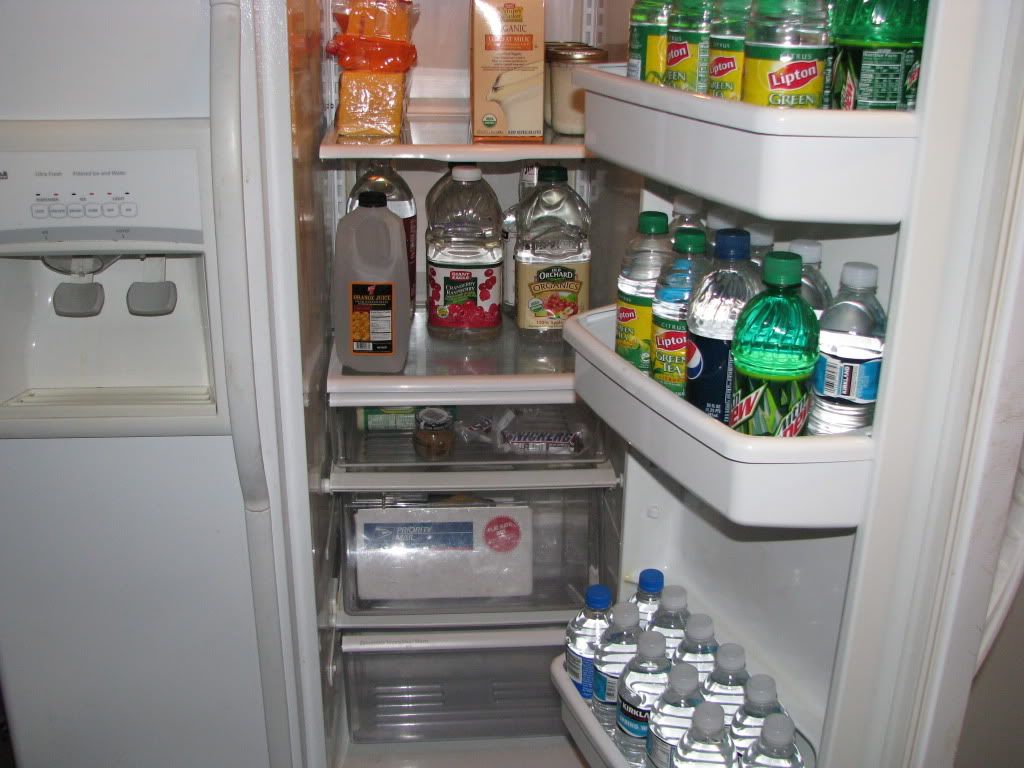
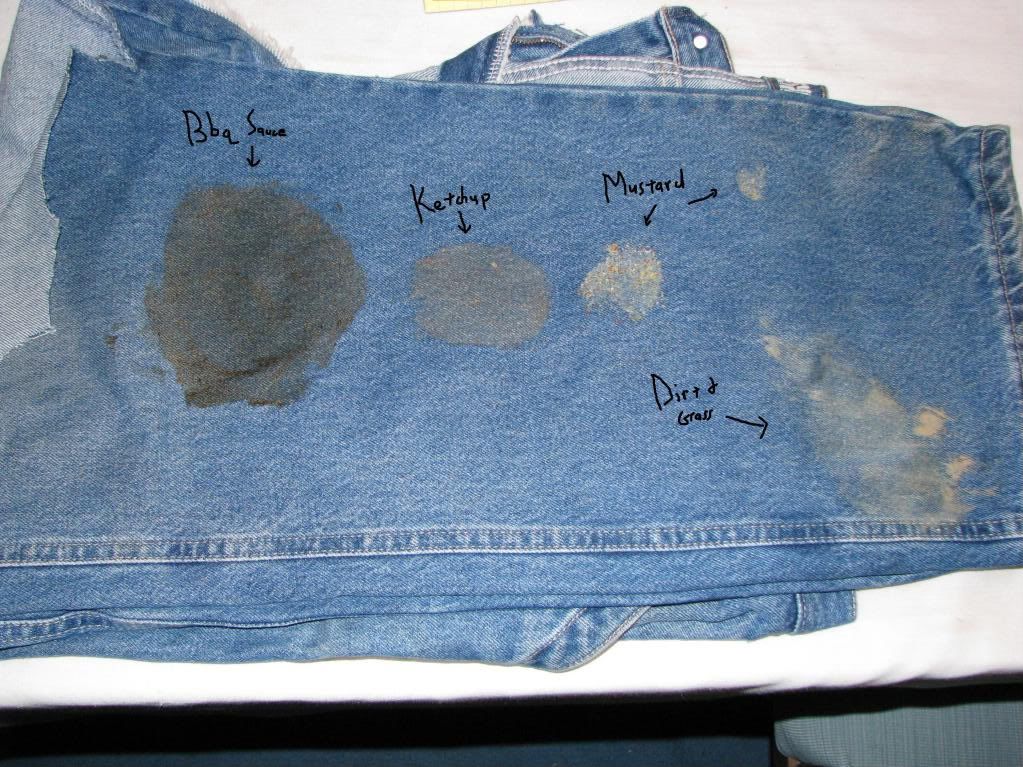
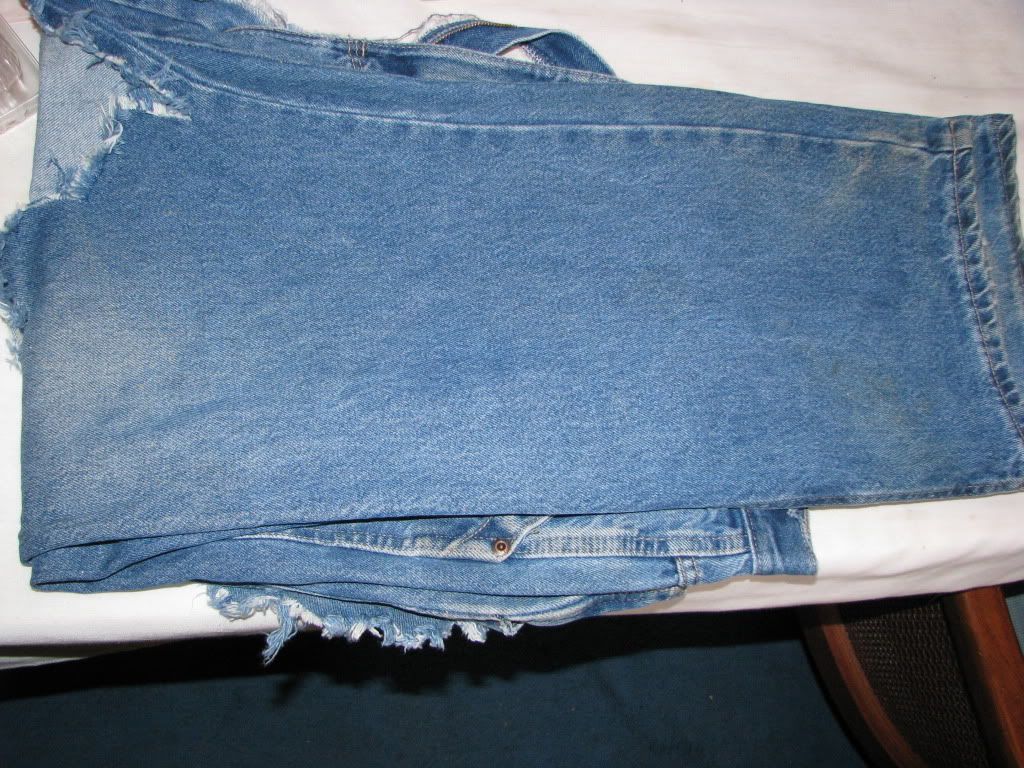
![[Most Recent USD from www.kitco.com]](http://www.weblinks247.com/indexes/idx24_usd_en_2.gif)
![[Most Recent Quotes from www.kitco.com]](http://www.kitconet.com/charts/metals/gold/t24_au_en_usoz_2.gif)
![[Most Recent Quotes from www.kitco.com]](http://www.kitconet.com/charts/metals/silver/t24_ag_en_usoz_2.gif)
![[Most Recent Quotes from www.kitco.com]](http://www.kitconet.com/charts/metals/platinum/t24_pt_en_usoz_2.gif)
![[Most Recent Quotes from www.kitco.com]](http://www.kitconet.com/charts/metals/palladium/t24_pd_en_usoz_2.gif)
![[Most Recent Quotes from www.kitco.com]](http://www.kitconet.com/charts/metals/base/spot-copper-5y.gif)
![[Most Recent Quotes from www.kitco.com]](http://www.kitconet.com/charts/metals/base/spot-nickel-5y.gif)
